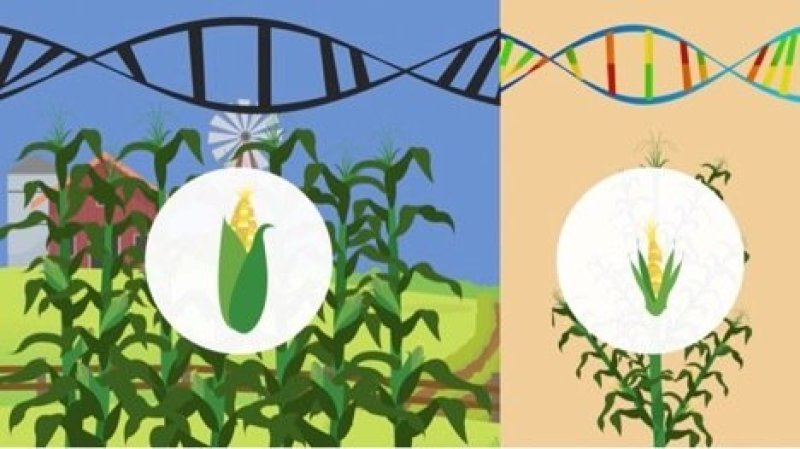The basic principle of crop breeding is to first discover and then select for variants with desired traits. While selection is relatively easy, discovery is more challenging. Conventional breeding for domestication and crop improvement have unquestionably revolutionized agriculture and our society.
But to further explore the potential of agriculture to feed an ever-growing population, larger crop diversity needs to be unlocked. The gene editing and RNA viral transfection technologies developed over recent years allow precise engineering of desirable variants with unprecedentedly high efficiency and resolution, greatly expanding the range of variations available and reducing our reliance on naturally existing mutations.
…
CRISPR–Cas breeding is more efficient than mutation breeding because mutagenesis is targeted to genes known to control desirable traits. Moreover, transgene-free plants can be easily obtained by transiently expressing CRISPR proteins or by segregating out constitutively expressed CRISPR. Gene-edited crops could thus avoid regulations against the cultivation of GMOs.
Crop breeding need no longer rely on naturally occurring mutations, but instead artificially generated variations can be the raw material for further breeding. A much broader spectrum of phenotype space is ready for exploration, allowing development of optimal phenotypes adapted to heterogeneous environments on Earth, or even space. A new biotechnology-driven revolution in agriculture could be just around the corner.































